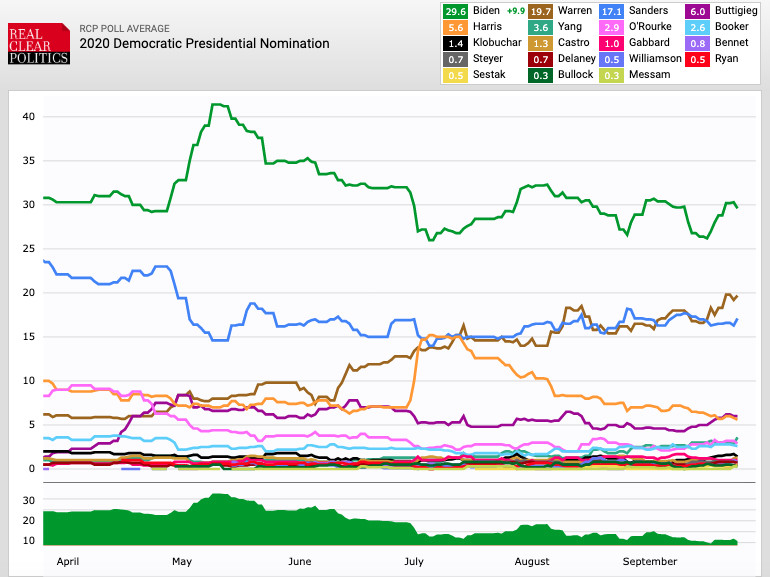With each presidential election, pollsters conduct surveys that question the voter’s stance on current social issues and attitudes about the economy. When interviewing subjects, they also consider geographic region and demographic information such as ethnicity and religion. In-depth political polling requires integrating all these factors into surveys. However, common political attitudes fluctuate all the time and can drastically differ from previous polling results. Here’s what you should know about polls.
Probability Sampling
Polls can be conducted in-person, online or on the phone. Random samples are based on probability theory, which supposes that seemingly random events may have occurred due to a particular pattern. Pollsters choose a random sample for political events they attempt to predict, such as the presidential election. They select subjects who match every possible characteristic of the nation’s entire population and ask questions relating to relevant political issues. Representative samples are chosen based on the survey’s subject, which induces oversampling. Polls ideally have little to no margin of error, which negatively affects the accuracy of survey results.
Survey Design
Political surveys consider societal attitudes over a specific issue. Pollsters create questions based on television news and online articles. They may ask participants whether they approve of the president’s performance or whether they agree with economic reform. Answers are typically placed on a spectrum, ranging from strongly disagree to strongly agree. Participants are always anonymous since public exposure could threaten their sense of independence. Since politics is a sensitive topic for many people, surveys exist as a way for people to communicate their beliefs. Most surveys are not based on a political bias that disfavors one demographic over another.
Although polls are not perfect, they sometimes provide a relatively believable prediction of future events. They can also affect the way participants think about specific issues. Social media is emerging as a platform for online users to express their views. They can also keep up with updates from different candidates. Political polling is an effective way to gather information from public opinion.


